This post is also available in:
 Tetun
Tetun
So, here I am again. It’s 2pm in Dili, Timor-Leste. I just rushed back from a squeezed-in 20-minute lunch break for another awe-inspiring three hours glued to my computer screen. This is not how I imagined this experience to be, yet here I am. COVID-19 has turned my entire life upside down and the Rotary Peace Fellowship is no exception. What was supposed to take place in 2020 as a three-month intensive networking, leadership and professional development opportunity at Chulalongkorn University in Bangkok, is now taking place virtually in the familiarity of the Blue Ventures office in Díli.
I am the Country Manager of Blue Ventures in Timor-Leste, providing vision, strategy and leadership for Blue Ventures’ growing marine conservation, fisheries management, alternative livelihood and ecotourism programmes. These initiatives aim to empower coastal communities to manage their marine ecosystems sustainably, enriching local livelihoods and sustaining healthy marine environments for generations to come.
Leading the busy country team means that I don’t often have many chances to stop and reflect but last year, I was selected to join the Rotary Peace Fellowship, which is offering me this opportunity. The fellowship brings together experienced leaders from around the world to gain practical tools for promoting peace, conflict resolution and international development through academic training, practice and global networking opportunities. The fellowship invites expert instructors and mentors to lead training, meanwhile, the fellows can learn from each other through exchanges of their varied experiences with communities around the world.
Thus far, I have been enjoying every minute. Hailing from Colombia to Nepal, we are a diverse cohort of 19 Peace Fellows from 16 countries and our lecturers call in from around the globe. Many of us, myself included, aren’t local to where we are currently living and working, bringing myriad of perspectives. For most of us, English is our second or third language and having video calls with poor internet connections has been challenging, but against the odds we are starting to form close bonds.
Being based in Timor-Leste, I’m used to working in a post-conflict environment and monitoring the safety and security situation. However, nothing prepared me for COVID-19 and the response we immediately had to develop.We started with a bang, focusing on the various effects of trauma and stress that, if dealt with appropriately, can lead to personal transformation. These initial discussions gave me a new perspective on the events of the past year. Being based in Timor-Leste, I’m used to working in a post-conflict environment and monitoring the safety and security situation. However, nothing prepared me for COVID-19 and the response we immediately had to develop.
Back in March 2020, I had 48 hours to close half of the country programme, hand over many of my responsibilities to my Timorese colleagues, and get myself and other staff out of the country before the borders closed – I left with one suitcase, leaving everything else behind and without saying goodbye. The panic that we felt as a team, and the panic that we saw amongst the communities that we work with, is difficult to describe.
Thankfully, the situation in Timor-Leste remained relatively stable as the government responded swiftly. Thus far, the country has managed to protect itself from widespread community transmission and the threats to food security and livelihoods are being managed. Like the rest of the population, we grew closer as a unit and adjusted to the ‘new normal’, proving that our geographically dispersed team (working across six different countries!) could still exceed in our mission of supporting community-led marine conservation in Timor-Leste. This was mostly due to the remarkable, resilient leadership of my Timorese colleagues who remained in the country and led our COVID-19 response.
In Timor-Leste, the crisis is most visible in the ocean; climate breakdown, plastic pollution, dwindling fish populations, population growth, scarcity of livelihood opportunities, and loss of traditional practices.Reflecting on this almost a year later makes me realise that we cannot just steam ahead taking the new normality for granted – we must acknowledge that the world is in an acute crisis. In Timor-Leste where I have been living on and off since 2015, the crisis is most visible in the ocean; climate breakdown, plastic pollution, dwindling fish populations, population growth, scarcity of livelihood opportunities, and loss of traditional practices. At Blue Ventures, we are committed to enabling a community-led approach in order to tackle these interconnected crises, and while my position of Country Manager doesn’t allow me to sit with the community members in the sand as often as I used to, I am designing programme activities that allow my team to do this. Just last weekend, I spent time with a local fishing family to test out their newly established homestay business, immersing myself in the daily realities of fishers when the sea is rough and food is scarce.
Sharing experiences like this has been highly valuable during my time with the Peace Fellowship. Last week, we covered the topic ‘from theory to practice’. I listened to experiences of a thought-provoking initiative in Nepal where community members were trained as facilitators during a long-lasting conflict of natural resources, resulting in increased community governance and, eventually, a solution to the conflict and a transformation towards community-led natural resource management.
This example also showed that social change takes time, in that case at least ten years, and I was prompted to reflect on where we are in the Blue Ventures Timor-Leste journey after having been based in the country for only five years. In fact, we are celebrating our five year anniversary this month.
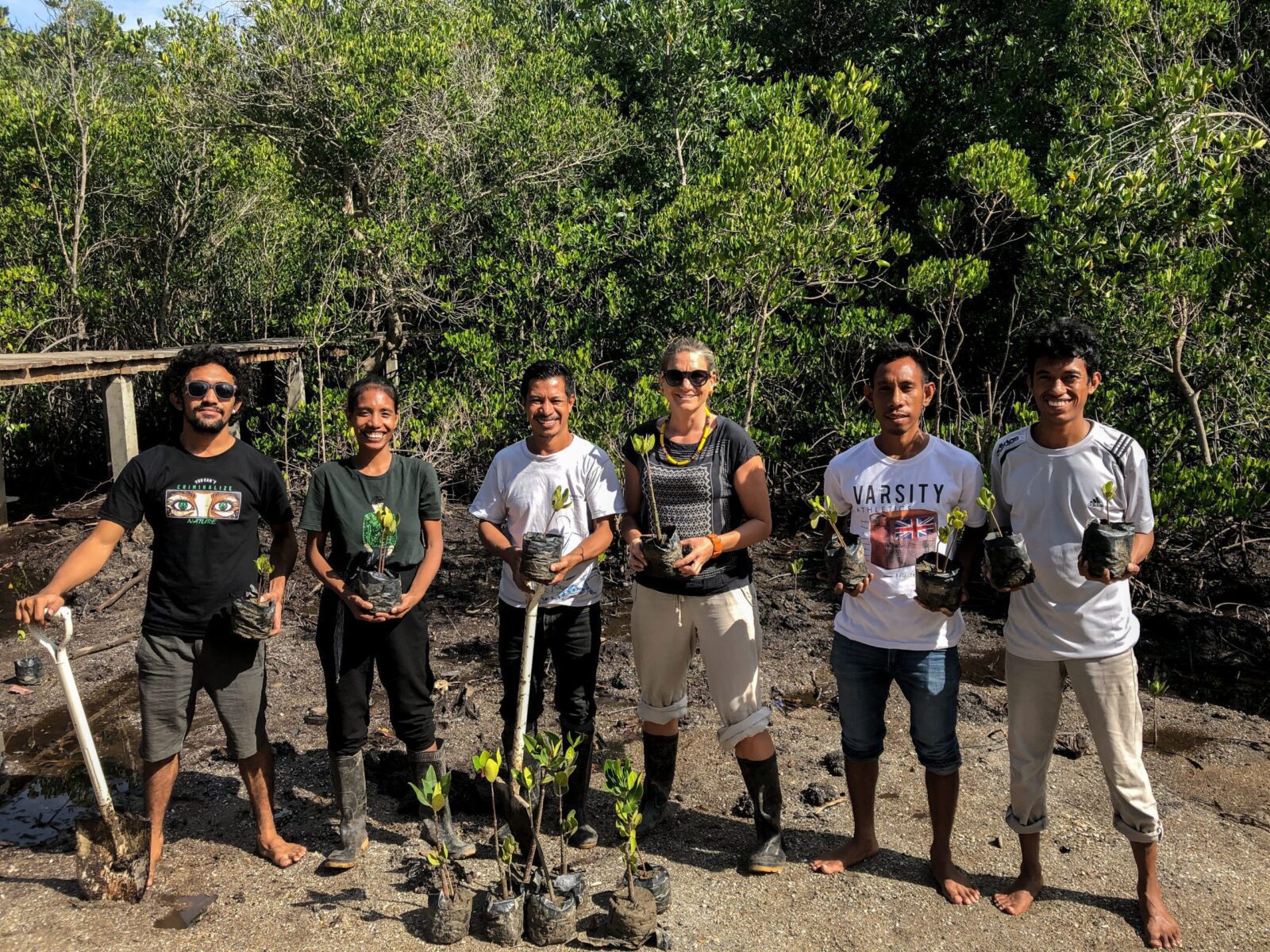
Some of team Timor-Leste, visiting the mangroves. From left to right: Dedy, Mima, Oldegar, Birgit, Armindo, Abrão | Photo: Blue Ventures
After five years of building bonds with these communities, listening to their needs and understanding their strengths and vulnerabilities, we are now working with them to further scale and sustain our collective conservation impact.
From the humble beginnings in 2016 of working with just one community on the island of Atauro, we have now supported twelve communities across the island and on the mainland. After five years of building bonds with these communities, listening to their needs and understanding their strengths and vulnerabilities, we are now working with them to further scale and sustain our collective conservation impact. Last week, our largest peer-to-peer learning exchange (to date) took place, with nine communities coming together to share best practice in locally managed marine areas. Seeing the excitement, laughter and engagement of the participants who are now determined to make changes now so that their children can benefit in the future, was truly inspirational. Timor-Leste’s network of community-led ecotourism entrepreneurs is growing, increasing numbers of community members (particularly women) are collecting fisheries data to inform management decisions, and my Timorese colleagues are flourishing in their conservation roles, inspiring their peers with each new skill they learn. This practical knowledge, coupled with the theoretical understandings I am absorbing from my global peers in the Rotary Peace Fellowship, is enabling us to shape the next five years of our work with Timor-Leste’s coastal communities.
Although we may be a small team working from a small island nation, we want to create a conservation movement that celebrates indigenous worldviews, challenges existing behaviour and thinking, and contributes to climate change and ocean policies. That’s no small undertaking but with the support of each other, the communities we partner with and my newly extended network of social changemakers, I am confident that we are heading in the right direction.
My sincere gratitude to my sponsoring Rotary Club in Mangere, Auckland, New Zealand and my referees who supported and encouraged me over the past four years to apply for this fellowship. And a heartfelt thank you to the committed team of social changemakers and ocean ambassadors at Blue Ventures for backing me while I slow down to speed up.


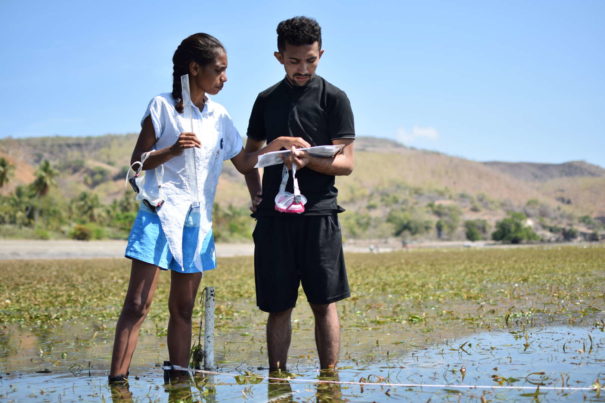
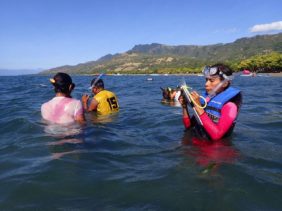
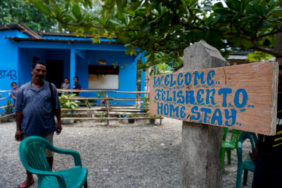
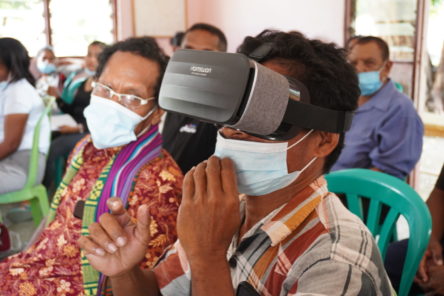
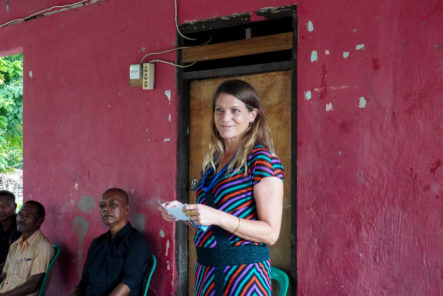
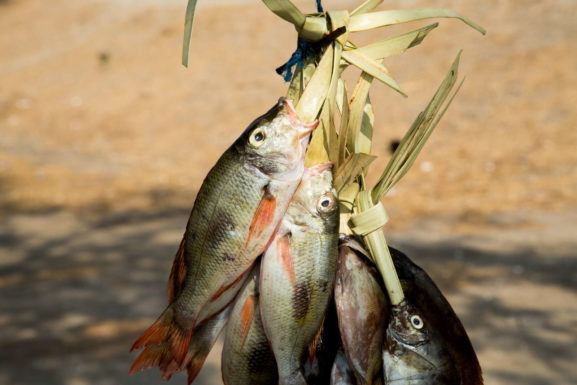
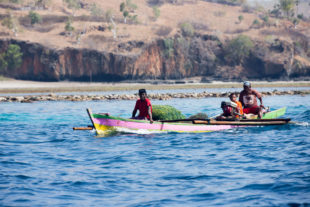
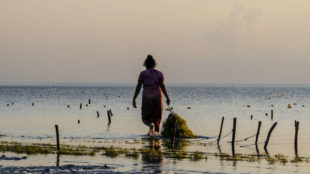
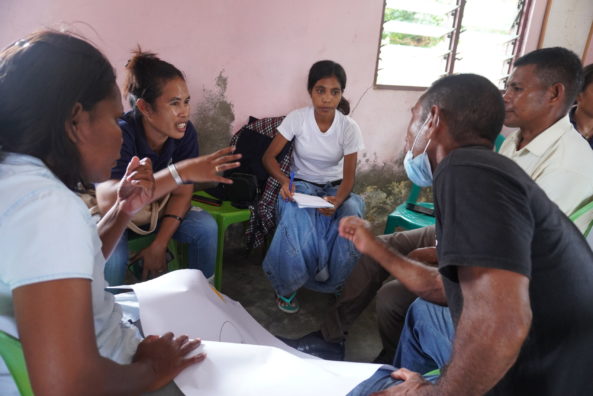
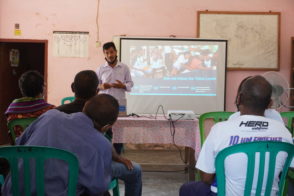
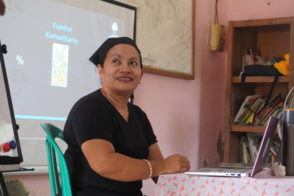
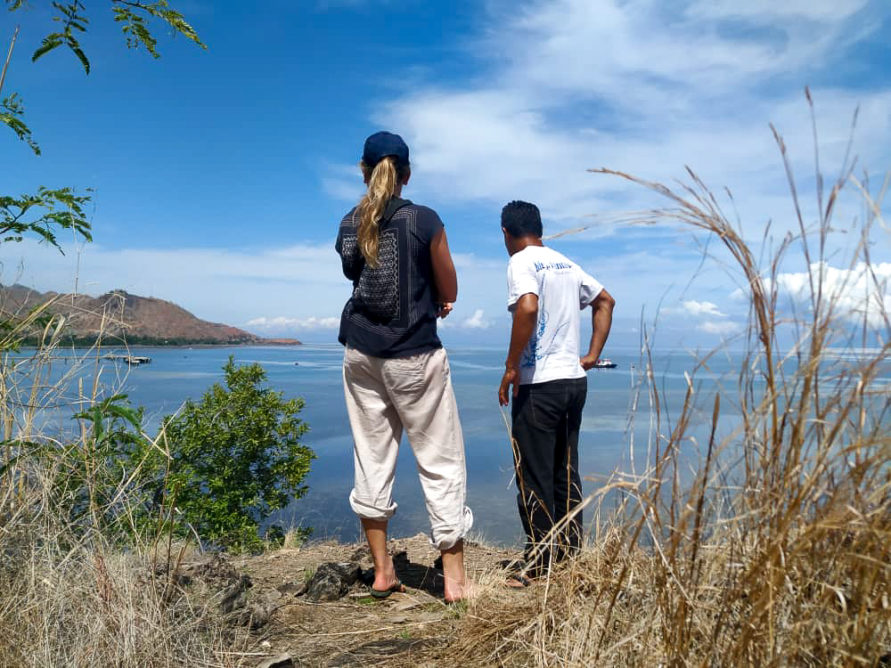
Bravo! Thank you for all the hard work and heart you have put into this vital initiative in Timor-Leste. I just recently started following Blue Ventures so I have a lot of catching up to do! I just watched the short film about Mima and I have been following Defy in IG. So much respect for all of you and deeply grateful, as well! ☀️
Thank you Sandra. That is very encouraging to hear! Keep on following us!